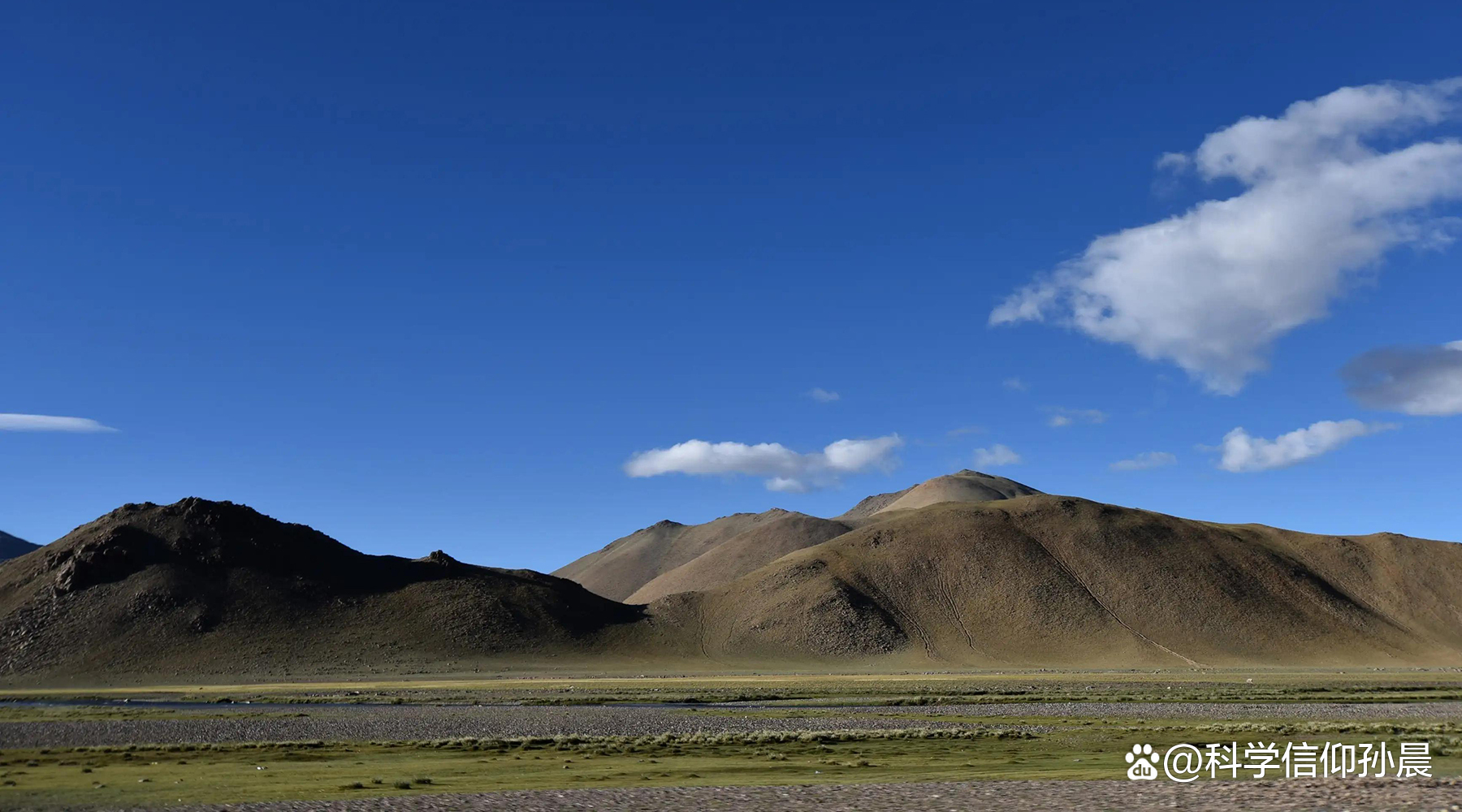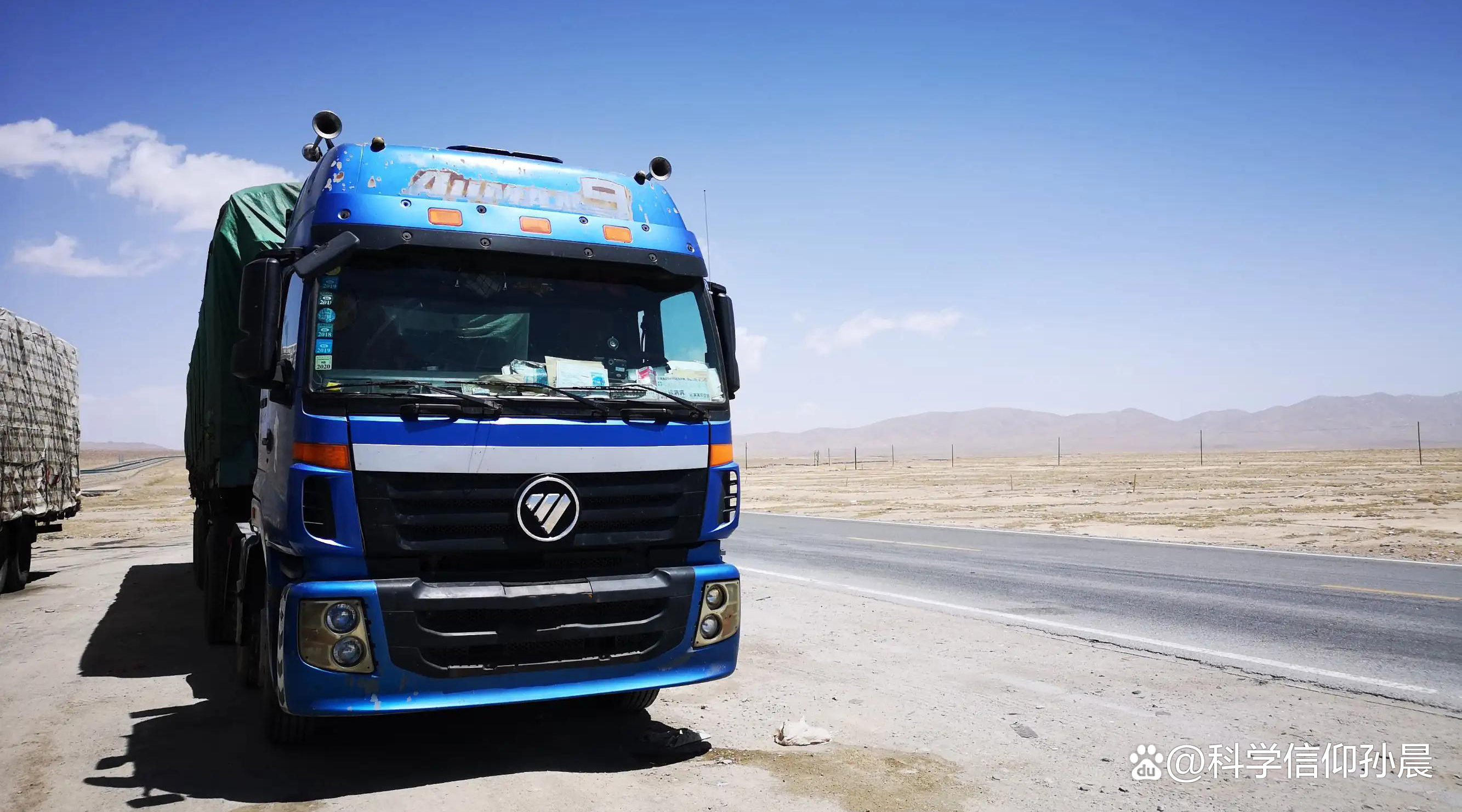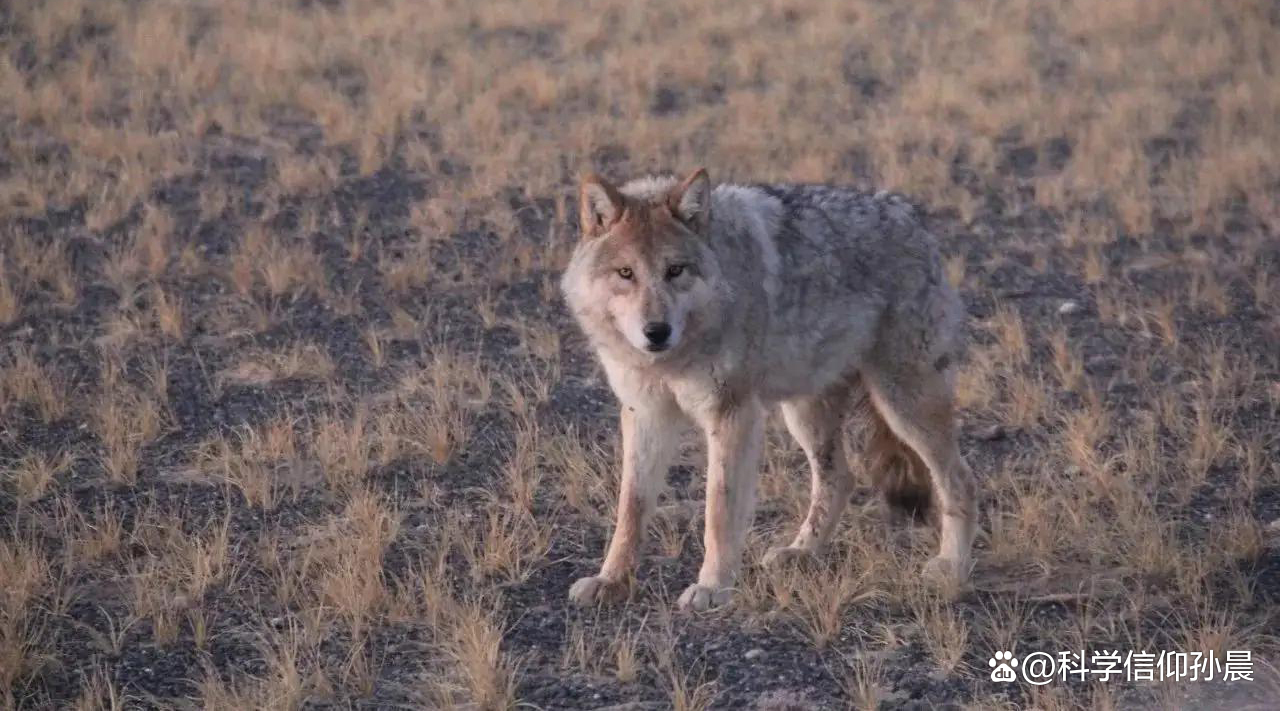It is best not to burn fire in the unmanned area of the Qinghai -Tibet Plateau.This is for granted
Author:Scientific belief Time:2022.07.23
Living in a bustling city for a long time has caused us to have an illusion that every corner of the world has been occupied by humans, but this is not the case.
Not to mention the distant primitive jungle, that is, between the cities, there are also some areas without people, which are called "unmanned areas" by us. No one refers to no one for a long time, but due to the needs of adventure and long -distance transportation, sometimes some people have to go through uninhabited areas. Compared with people living in cities and villages, acting in the unmanned area is relatively dangerous. Because the environment in these areas is usually harsh, and there are fierce wild carnivorous animals. There are four unmanned areas in my country, which are the unmanned regions of Lop Nur, the unmanned area of the cocoa, and the unmanned area of the Qiangtang, and the Alkin unmanned area.

It can be seen that three of the four unmanned areas in my country are on the Qinghai -Tibet Plateau. Only Lop Nur is located in Xinjiang Autonomous Region, and the common point of the four unmanned areas is that the environment is harsh.
The Qinghai -Tibet Plateau is definitely not a livable place. The altitude here is high, and the roof of the world has an average altitude of 4,500 meters. One problem brought by the high altitude is "hypoxia". People on the plateau are probably difficult to adapt to such a hypoxic environment. In December 2018, a tragedy occurred in the unmanned area on the Qinghai -Tibet Plateau. A couple drove the truck to Lhasa and rest at night. As a result, who knew that this sleep never woke up again, when they found them the next day, they died due to lack of oxygen.

The incident of the couple was an accident, but it also fully illustrated the danger of the unmanned area of the Qinghai -Tibet Plateau.
When it comes to the unmanned area of the Qinghai -Tibet Plateau, many people must have heard such a sentence: "There is no human area in the Qinghai -Tibet Plateau, it is best not to burn fire and warm up at night." What does this sentence mean? The most typical feature of the Qinghai -Tibet Plateau is hypoxia, and combustion just needs oxygen, so people can easily associate the two together, thinking that there is a connection between "don't burn fire" and "hypoxia". The reason why the Qinghai -Tibet Plateau will become a uninhabited area is because the environment here is harsh, and the environment here is mainly reflected in two aspects. One is the thin air, and the oxygen content is only about 50%of the plain area. For example, the unmanned area of Coco is as an example. The average annual temperature here is below 0 ° C, and the temperature at night will not exceed -5 ° C.

Cold makes people try to warm up at night, and burning fire is the most primitive and most economical method of heating, because transforming electrical energy into thermal energy can not be discounted at all.
Burning requires combustion and oxygen. The two are indispensable, and the Qinghai -Tibet Plateau itself is hypoxic, and a fire pile is ignited. Isn't that accelerating the consumption of oxygen? Furthermore, a toxic gas will be produced during the combustion process, that is, carbon monoxide. Because the Qinghai -Tibet Herita itself is hypoxic, the problem of insufficient combustion will be more serious. Therefore People who burn fire and heating occur in carbon monoxide poisoning due to the inhalation of too much harmful gases.

Judging from the above analysis, the reason why it is said that the uninhabited area in the Qinghai -Tibet Plateau should not burn fire and warm up, to avoid exacerbating hypoxia and carbon monoxide poisoning, but in fact this analysis is just a kind of talked about the soldiers who take it for granted.
If we are in a closed environment, the above problems can indeed occur, but there is no such thing at all outdoors. As long as you pay attention to observation, you will find that no matter how long the outdoor burning fires have passed, as long as the burning object is sufficient, the flame will not decrease. This is because the combustion itself will create the air flow of the surrounding air, so there will always be a steady stream of air flowing in. As long as a small experiment is performed, it will be found that no matter too long, the oxygen content of the air near the fire will not change any obvious changes, and the carbon monoxide concentration will not increase with the burning time.

Since it is not because of hypoxia and poisoning, it is not recommended to fire in unmanned areas in the Qinghai -Tibet Plateau?
Because the vegetation in the uninhabited area is mainly based on herbal plants, it is not particularly easy to find burning. There are a large number of wild animals in the unmanned area, and many of them are fierce carnivorous animals. It is dangerous to keep the shelness from the shelness of the vehicle. Even if we bring their own combustibles, the light may attract the attention of animals. That's right, most animals are afraid of fire, but this does not affect their lurking by your side. If the fire weakens and you enter the dreamland again, the danger may be quiet. Therefore, if you do n’t have sufficient experience, do n’t rush through the uninhabited area. If you want to spend the night in an uninhabited area, it is best to use a modern heating method.
- END -
Literary stage 嫣 嫣 文 文 文 文 文 文 文 文 文 文

New wheat fluttering, wind and lotus, in the summer solstice, the shooting sun at ...
Thousands of people say that Xinjiang 丨 Arslan Bay: I am a piano little expert
The nine -year -old Aushay Bigguster has a lot of hobbies, painting, playing piano, and taekwondo.Among them, his favorite is playing the piano.Every time he practice the piano, his mother will accomp